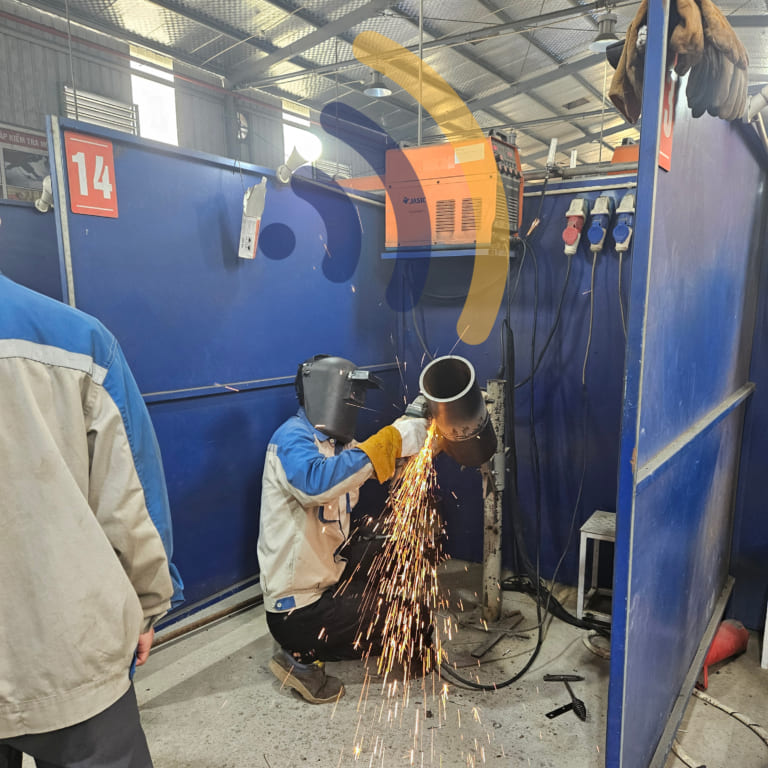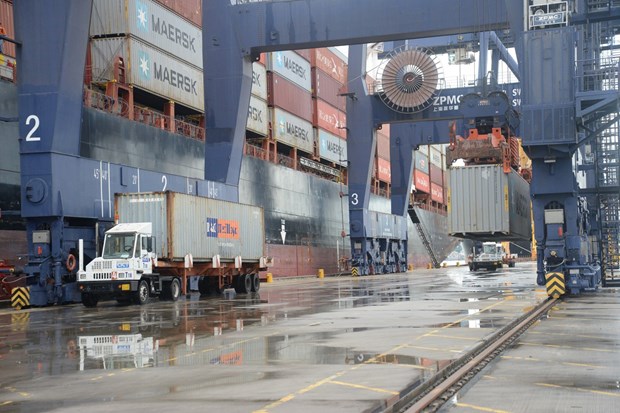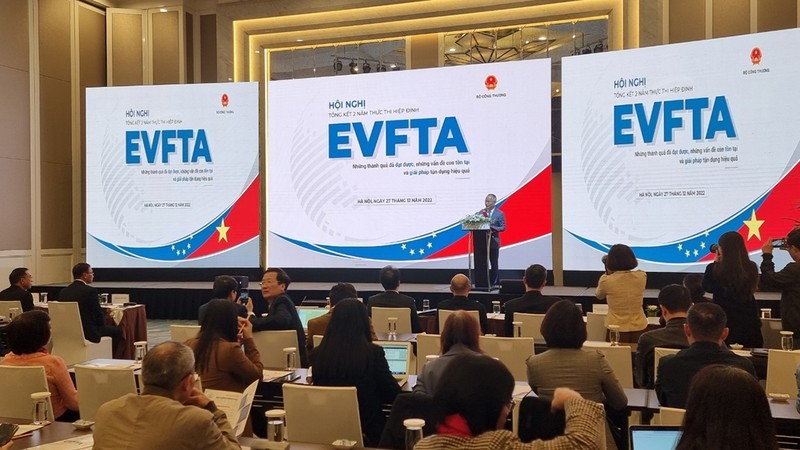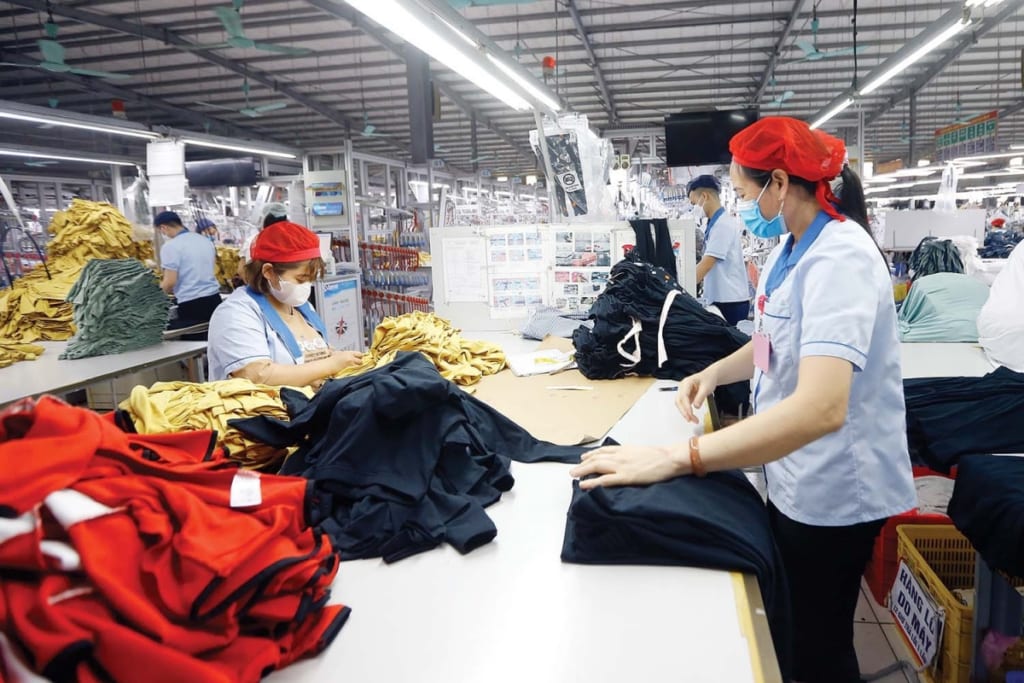
Southeast Asia has become an increasingly attractive region for global employers seeking skilled welders at competitive costs. Among these countries, Vietnam stands out with its deep labor pool, vocational training infrastructure, and strong government support for international labor export. Compared to many local or Western markets facing aging workforces and wage inflation, Southeast Asian welders — particularly from Vietnam, the Philippines, and Indonesia — offer a balanced combination of affordability, productivity, and technical proficiency. Hiring welders from Southeast Asia not only helps businesses reduce labor costs but also improves operational flexibility through contract-based workforce solutions. With cultural adaptability, hard work ethics, and growing English proficiency, Southeast Asian welders have proven to be reliable contributors to industrial projects in sectors like shipbuilding, oil and gas, infrastructure, and metal fabrication worldwide.
Southeast Asia’s Strategic Role in Global Welding Labor Supply
The global welding labor market has become more competitive, fragmented, and reliant on cross-border sourcing than ever before. Large infrastructure projects, energy developments, shipbuilding programs, and modular construction operations across the world are competing for a limited number of certified welders. Countries in Southeast Asia—particularly Vietnam, the Philippines, Indonesia, and Thailand—have emerged as reliable, scalable, and technically capable sources of welding labor.
To hire welders from Southeast Asia today is not simply a matter of finding low-cost labor. It is about accessing highly organized, export-ready manpower systems that provide value through structure, certification, and deployment efficiency. Unlike informal labor pools, these countries have developed training ecosystems and regulatory frameworks to ensure welders meet international standards and integrate quickly into foreign worksites.
The Regional Workforce Landscape: A Closer Look
Southeast Asia is not a uniform labor market. Each country contributes distinct advantages, shaped by its technical education infrastructure, export licensing regime, and deployment history.
Vietnam
Vietnam stands out for the size, structure, and consistency of its welding labor pipeline. Recruitment agencies must be licensed under Vietnamese labor export laws, which include audit trails, government approval, and contractual oversight. Agencies typically partner with vocational schools that train welders in processes like SMAW, MIG, TIG, and FCAW. Most graduates hold certifications aligned to ASME Section IX, AWS D1.1, or ISO 9606, making them suitable for high-compliance projects abroad.
Vietnamese welders are known for discipline, endurance, and trade consistency. Many have experience in Korea, Japan, or the Gulf, and are frequently deployed to shipyards, energy plants, and bridge projects. Vietnam’s structured approach makes it ideal for employers who need consistent onboarding, large batches of welders, and a dependable compliance process.
Philippines
The Philippines offers a globally mobile workforce with strong English-language skills and offshore experience. Welders are trained and certified under TESDA, the national skills authority, and often have DNV or AWS add-ons from private institutions. The country’s labor export system is managed by POEA (Philippine Overseas Employment Administration), which enforces contractual protections and ethical recruitment.
Filipino welders are especially prominent in offshore oil and gas, marine fabrication, and energy maintenance roles. Their ability to integrate into international teams is a major asset. Many employers in Europe and the Middle East prefer Filipino tradespeople due to their adaptability and communication readiness.
Indonesia
Indonesia offers one of the largest untapped welding labor reserves in Asia. The country has a vast, young workforce and growing vocational capacity. Certification often follows BNSP standards, with many welders undergoing third-party testing under international norms. While not as structured as Vietnam or the Philippines, Indonesia’s labor force is maturing rapidly.
Indonesian welders are particularly suited for heavy infrastructure, construction, and long-duration industrial projects. Their work ethic, physical resilience, and availability make them a strong choice for volume deployment. Agencies often provide Bahasa-English orientation to support foreign project integration.
Thailand
Thailand does not produce welding labor at the same scale as its neighbors, but it serves a specialized function. Thai welders are frequently trained in TIG welding, especially for stainless steel and aluminum applications. These skills are valuable in precision manufacturing, food-grade equipment production, and automotive fabrication.
Thai welders are often hired in smaller batches for niche roles. Agencies in Thailand tend to have long-standing relationships with Japanese and Korean employers who require clean welds and fine motor skills under strict tolerances.
Strategic Matching: Aligning Labor Source with Project Type
Hiring decisions should begin with a project-based needs assessment. Employers should evaluate project complexity, duration, safety requirements, material types, and deployment timelines. Matching the right country to the task ensures both quality and cost control.
| Project Type | Best Fit Countries |
|---|---|
| Shipbuilding & repair | Vietnam, Indonesia |
| Offshore oil & gas | Philippines, Vietnam |
| Infrastructure (bridges, roads) | Vietnam, Indonesia |
| TIG/aluminium precision fab | Thailand |
| Long-cycle energy plants | Vietnam, Philippines, Indonesia |
Each of these project environments carries unique welding procedures, tolerances, and safety codes. Deploying welders who are already familiar with such standards reduces onboarding time and testing failures.
Deployment Process: What to Expect
When you hire welders from Southeast Asia, a structured workflow is critical for success. A professional agency should offer:
-
Candidate shortlisting: Based on job specs and process type
-
Trade test administration: On-site or recorded testing for SMAW, TIG, etc.
-
Documentation support: Including certificates, CVs, and visa materials
-
Medical and safety clearance: In line with host-country requirements
-
Pre-departure orientation: Covers cultural fit, communication, and job-site protocols
-
Deployment logistics: Flights, airport pickup, onboarding coordination
-
Post-deployment follow-up: Worker feedback, productivity tracking, replacements if needed
Legal and Ethical Considerations
Southeast Asian governments have put in place strict policies to regulate outbound manpower. Only agencies with valid labor export licenses should be engaged. Employers should verify this before signing MOUs or issuing demand letters.
Contracts must:
-
Be approved by labor ministries in both countries
-
Include wages, insurance, housing, and working hours
-
Align with destination-country labor laws and visa rules
Violations can result in deployment blocks, blacklisting, or legal action. That’s why most leading companies partner only with agencies that have a track record of compliance and transparency.
Common Pitfalls — and How to Avoid Them
Even experienced contractors can run into issues when working across borders. Avoid these common mistakes:
-
Engaging unlicensed brokers: No legal standing, high risk of failure
-
Skipping test validation: Leads to quality issues and site delays
-
Underestimating timelines: Processing visas, certs, and health checks takes planning
-
Assuming all welders are equal: Misalignment of skill vs. process costs time and money
-
Neglecting retention: Post-placement support reduces costly turnover
Working with an agency that handles both pre- and post-deployment can resolve most of these issues before they reach the site.
Companies that hire welders from Southeast Asia are engaging with one of the most resource-rich regions for skilled industrial labor. The region offers a rare combination: large workforce supply, evolving technical infrastructure, and compliant labor export frameworks. But maximizing this advantage requires strategic thinking.
It’s not just about headcount. It’s about process alignment, certification assurance, cultural integration, and retention over time. With Vietnam offering scale, the Philippines offering offshore readiness, Indonesia providing deep volume, and Thailand supporting specialized tasks, Southeast Asia delivers not only labor — but labor that performs.
Employers who engage early, plan accurately, and partner smartly will build welding teams that hold up to cost, code, and client expectations.




